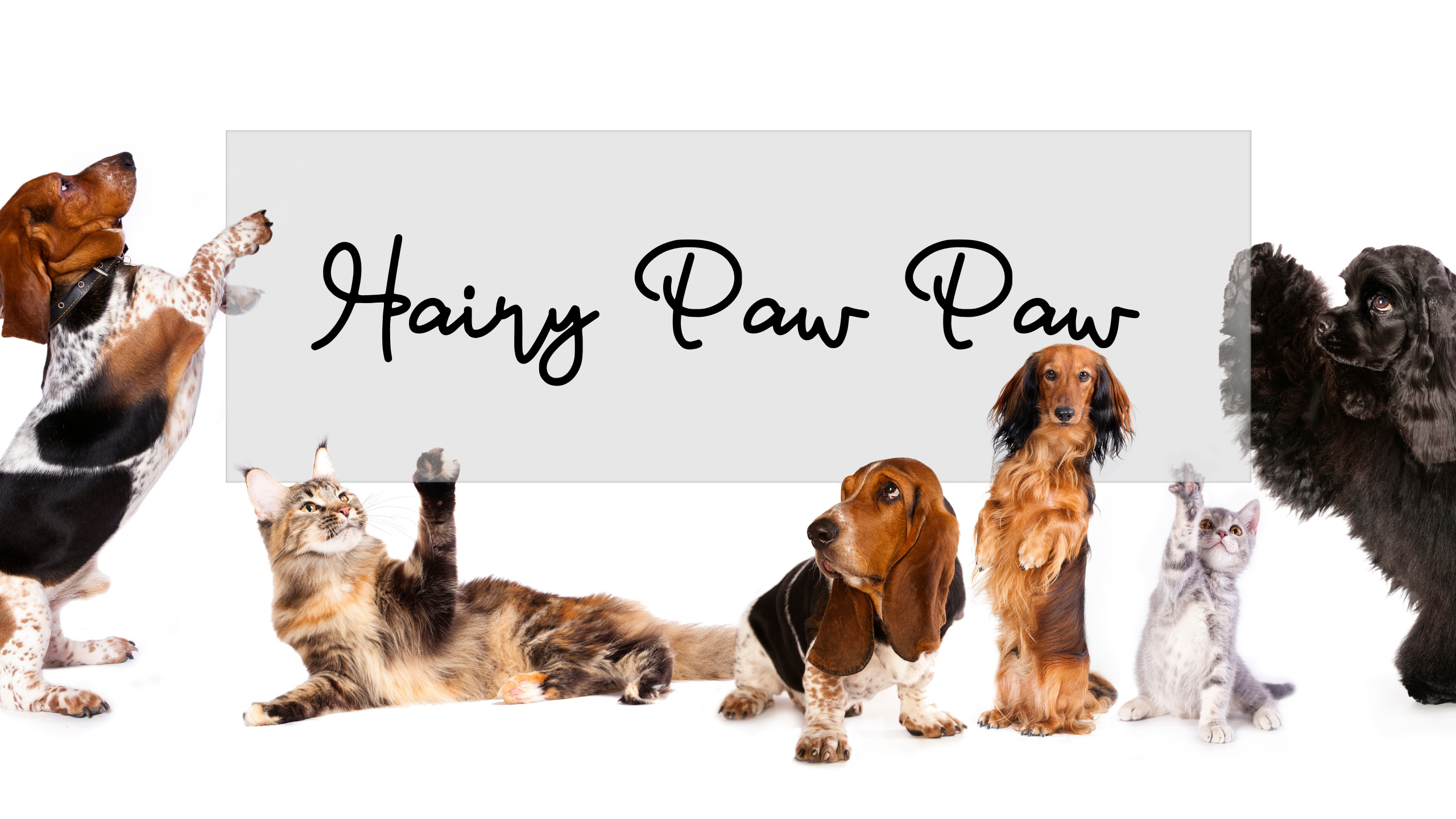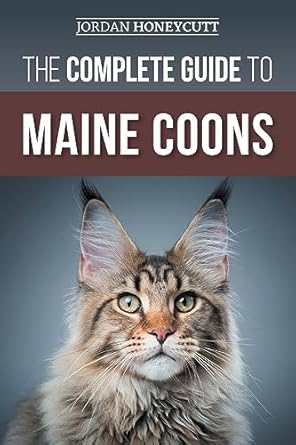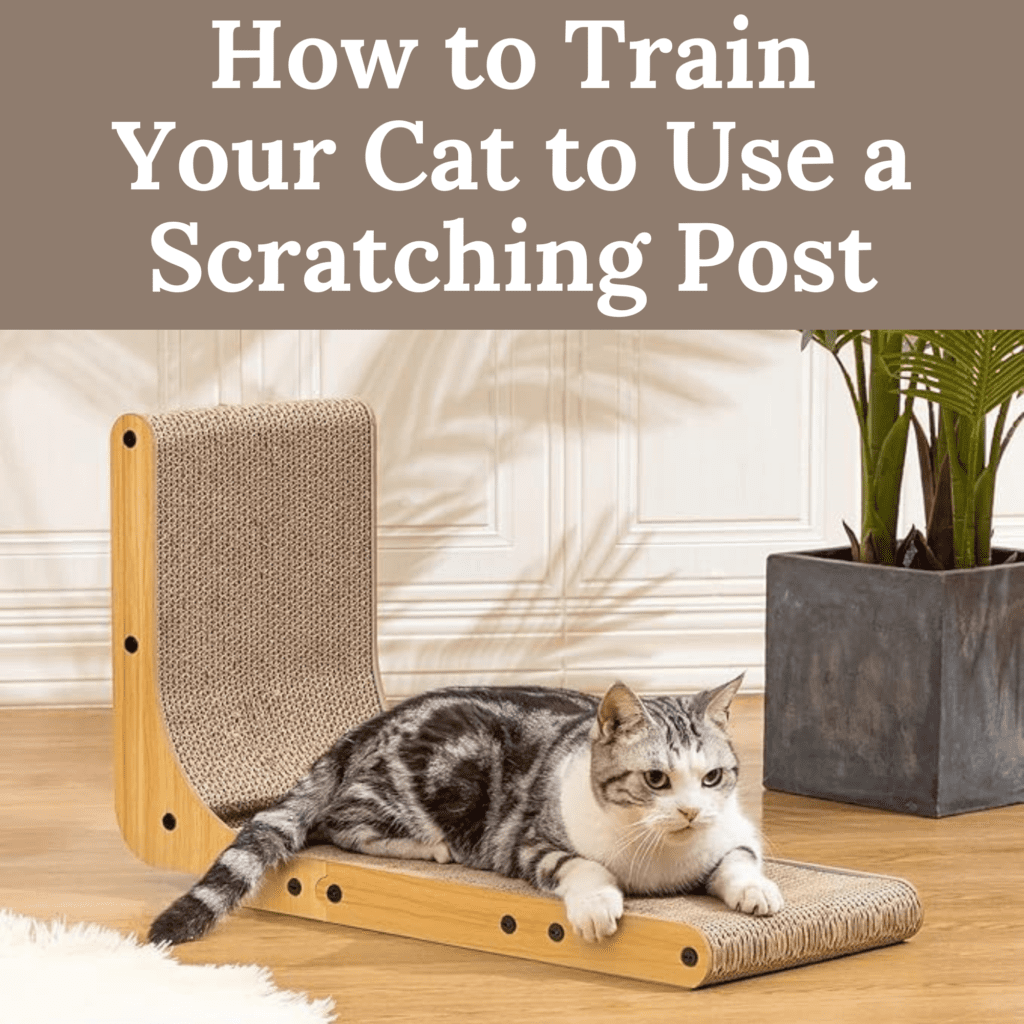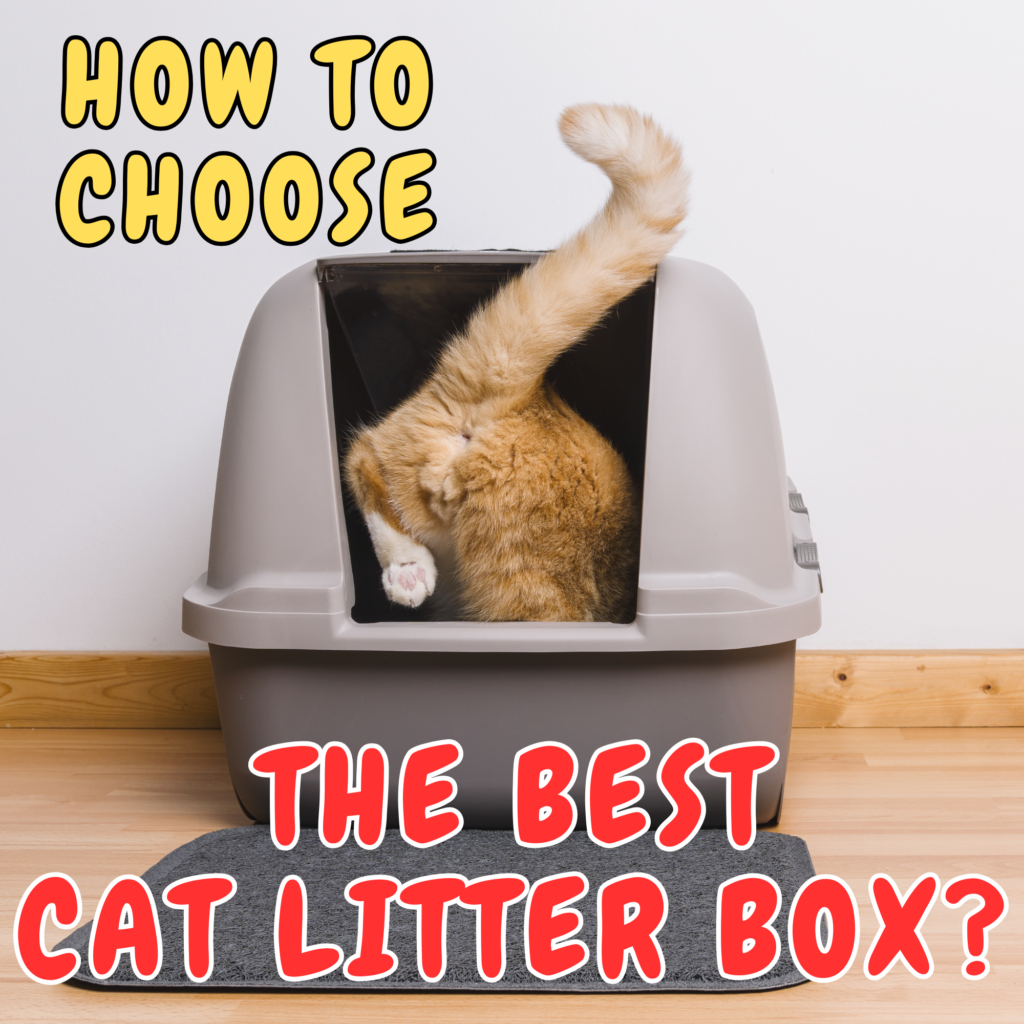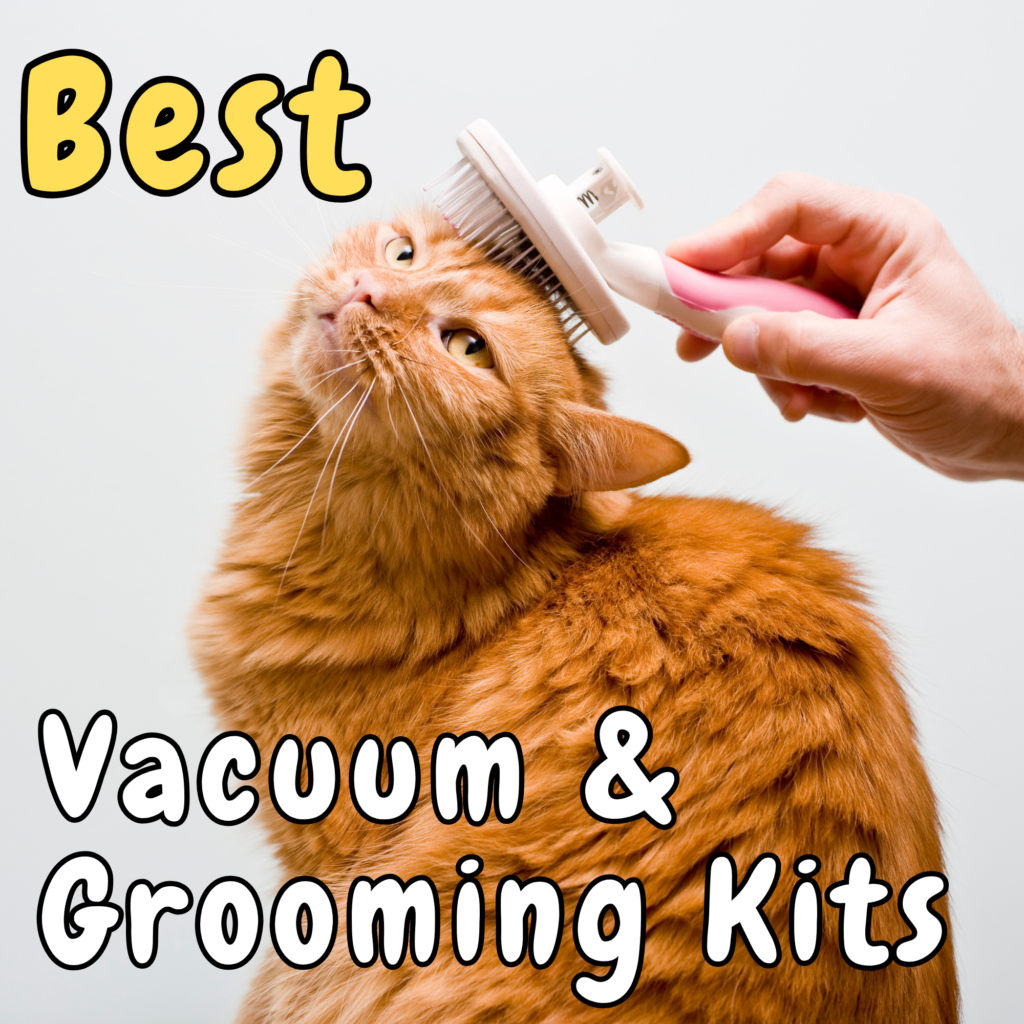Maine Coon Lifespan: How to Support Healthy Aging
This post may contain affiliate links, which means I’ll receive a commission if you purchase through my link, at NO EXTRA COST TO YOU
The Maine Coon, known for its impressive size, friendly nature, and luxurious coat, stands out as one of the most beloved cat breeds. If you share your life with a Maine Coon, understanding its lifespan and aging process is essential for ensuring a happy and healthy life for your furry companion. In this blog, we will delve into the typical lifespan of Maine Coons, discuss the signs of aging, and offer tips on how to support your cat as it grows older.
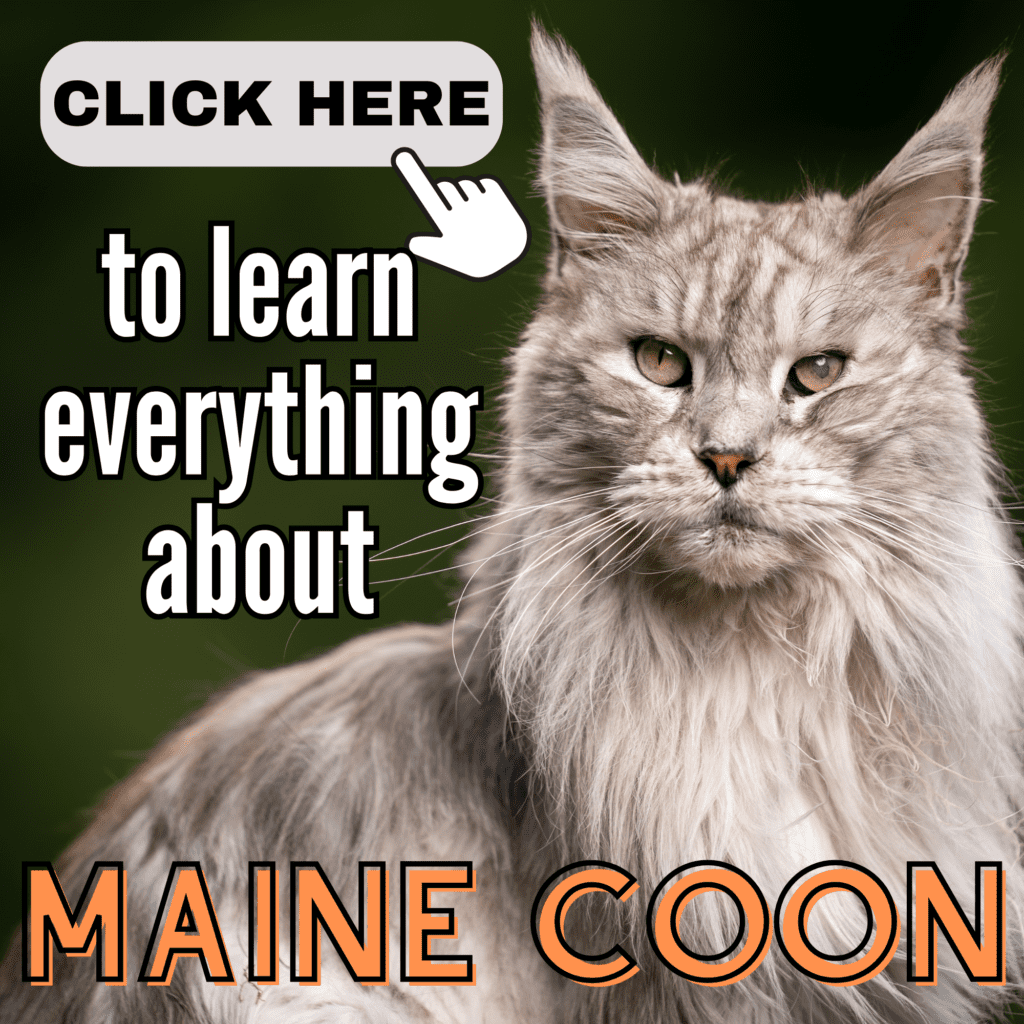
Typical Lifespan of Maine Coons
Maine Coons generally live between 12 to 15 years. This lifespan can vary based on several factors, including genetics, diet, and overall health. While some Maine Coons may live beyond 15 years, others might face health challenges that could affect their longevity. Knowing this can help you prepare and provide the best care for your Maine Coon throughout its life.
Understanding Aging Signs in Maine Coons
As your Maine Coon ages, you will notice various changes that are part of the natural aging process. Transitioning from a playful kitten to a mature adult cat, and eventually to a senior, your Maine Coon’s needs and behaviors will evolve. Here are some common signs of aging to watch for:
- Reduced Activity: Older Maine Coons often slow down. They may not jump as high or play as vigorously as they did in their younger years. This decrease in activity is normal, but it’s crucial to ensure that your cat remains engaged and stimulated with gentle play and interactive toys.
- Changes in Appetite: Aging Maine Coons might experience changes in appetite. Some may eat less due to dental issues or decreased sense of taste. On the other hand, some may gain weight if they become less active. Monitoring your cat’s weight and adjusting its diet accordingly can help manage these changes.
- Altered Sleeping Patterns: Senior Maine Coons often sleep more than they did when younger. If you notice your cat sleeping more, it’s usually a sign of normal aging. However, if your cat shows unusual lethargy or difficulty waking up, consult your veterinarian.
- Health Issues: Older Maine Coons may face health issues such as arthritis, kidney disease, or diabetes. Regular veterinary check-ups become increasingly important to catch and manage these conditions early. Additionally, maintaining a consistent routine and monitoring for any changes in behavior can help in early detection.
How to Support Your Aging Maine Coon
Supporting your Maine Coon as it ages involves several key strategies to ensure comfort and health:
- Provide a Comfortable Environment: Create a cozy and accessible space for your Maine Coon. As your cat ages, it may have difficulty jumping or climbing. Ensure that it has easy access to its food, water, and litter box. Soft bedding and low, easy-to-access resting spots can also help.
- Maintain a Balanced Diet: Nutrition plays a crucial role in your cat’s health. Transition to senior cat food formulas if recommended by your veterinarian. These formulas often contain nutrients that support joint health and overall well-being.
- Regular Veterinary Visits: Schedule regular check-ups with your veterinarian. Routine exams can help detect any age-related health issues early and keep vaccinations up to date. Your vet can also offer tailored advice on diet and care based on your Maine Coon’s health needs.
- Gentle Exercise and Enrichment: While your Maine Coon may be less active, it’s still important to encourage gentle exercise. Interactive toys, low-impact play, and scratching posts can help keep your cat engaged and prevent boredom.
- Dental Care: Dental health becomes increasingly important as cats age. Regular dental check-ups and at-home dental care can help prevent issues like tooth decay and gum disease, which can impact your Maine Coon’s overall health.
Conclusion
Understanding the lifespan and aging process of your Maine Coon helps you provide the best care throughout its life. By recognizing the signs of aging and taking proactive steps to support your cat’s health, you can ensure that your Maine Coon remains happy and comfortable in its senior years. Remember, every cat is unique, so adapting your care approach to fit your Maine Coon’s individual needs will help you enjoy many wonderful years together.
© Copyright 2024. All rights reserved.

